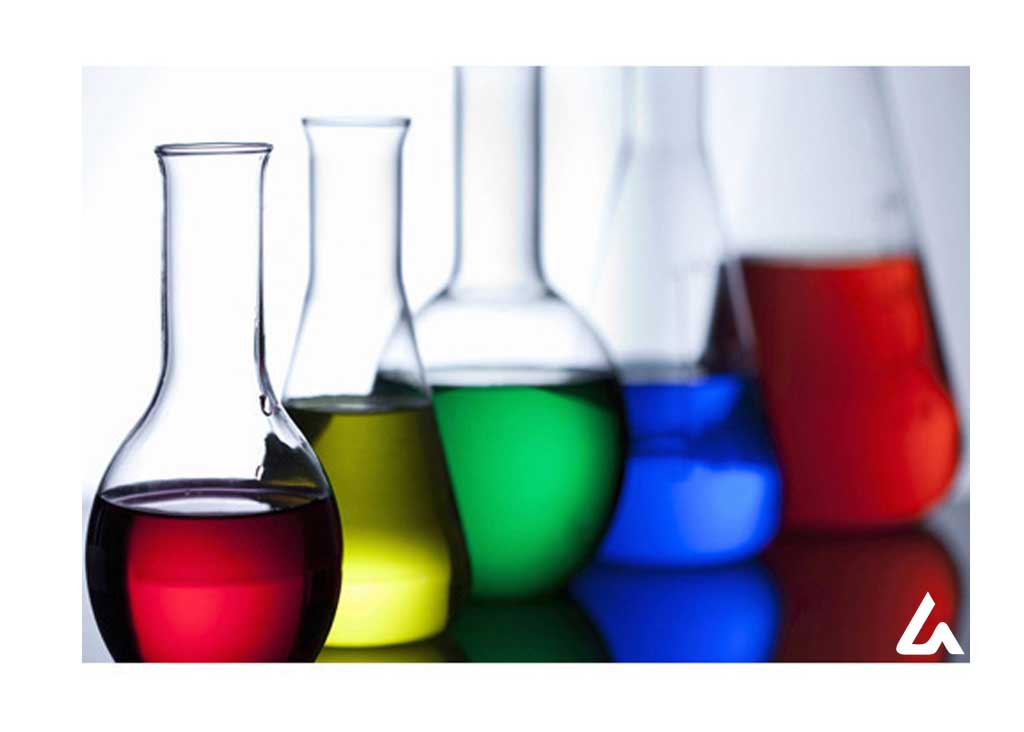
Acid dyes are anionic, soluble in water, and are essentially applied from the acidic bath. These dyes possess acidic groups, such as SO3H and COOH.
The textile acid dyes are effective for protein fibers such as silk, wool, nylon, and modified acrylics. Acid dyes fix to the fibers by hydrogen bonding, Vander Waals forces, and ionic linkages.
Why It’s Called Acid Dyes?
Acid dyes are mostly sulphuric, or carboxylic acid salts and are essentially applied from an acidic bath and hence the name ‘acid dye.’
Chemical structure of acid dyes
These dyes are normally very complex in structure but have large aromatic molecules, having a sulphonyl or amino group which makes them soluble in water. Most of the acid dyes belong to the following three main structural molecules,
1.Anthraquinon type
2.Azo dye type
3.Triphenylmethane type.
Classification of Acid Dyes
Based on their chemical nature, the acid dyes can be classified as –
- Monoazo and Bisazo
- Nitro
- Nitroso
- Triphenylmethane
- Xanthene
- Azine
- Quinoline
- Ketonimine
- Anthraquinone
- Phthalocyanine
Properties of Acid Dyes
- Acid dyes are usually sodium salts of sulphonic acids, or less frequently of carboxylic acids, and are therefore anionic in aqueous solution.
- They have substantivity towards protein and polyamide fibers.
- These dyes are suitable for wool, silk, polyamide, and modified acrylics.
- These dyes have no affinity for cotton cellulose, hence not suitable for cellulosic fibers.
- They are highly water-soluble.
- Acid dyes have molecular weights in the range of 300–1000 g mol-1.
- They create ionic bonds with fiber, hydrogen bond and Vander Waals force of attraction also contribute.
- The dye anion is the active colored component in these dyes.
- Overall wash fastness of acid dye is poor, though lightfastness is quite good.
Classification of Acid Dyes According to Dyeing Characteristics
Based on dyeing characteristics (wool dyeing) acid dye can be classified in,
- Leveling acid dye
- Fast acid dye
- Milling acid dye
- Super milling acid dye
Application and Uses
In textiles, acid dyes are effective on protein fibers, i.e. animal hair fibers like wool, alpaca, and mohair. They are also effective on silk. They are effective in dyeing the synthetic fiber nylon, but of minimum interest in dyeing any other synthetic fibers.
References:
- https://en.wikipedia.org
- http://dyeingworld1.blogspot.com
- https://textiletuts.com
You May Also See:
